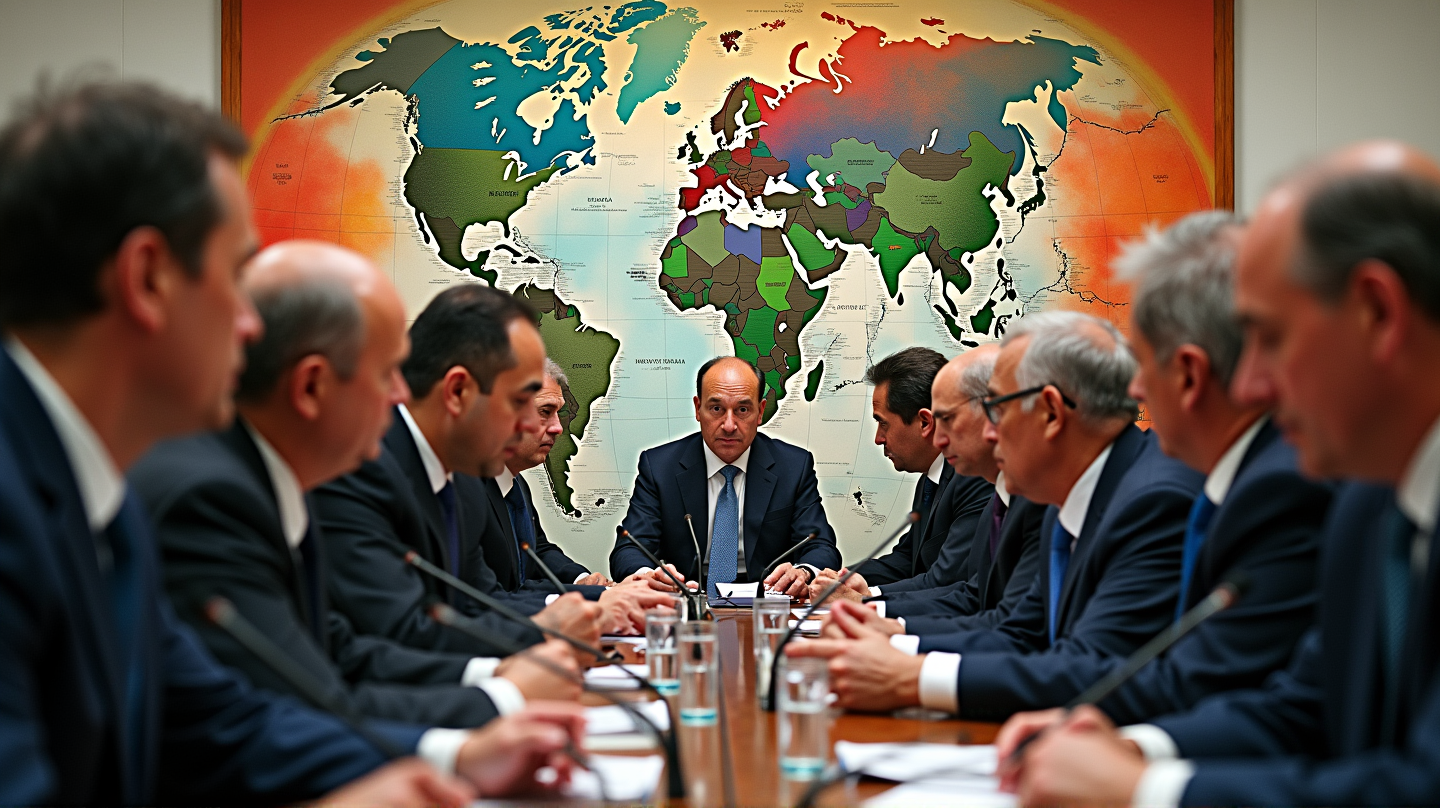BRICS Unites for Bold IMF Reform Proposal to Balance Global Power
BRICS finance ministers propose robust reforms to IMF, highlighting a unified call for equitable power distribution and stronger representation for developing nations.

In a historic move, the BRICS group of emerging economies—Brazil, Russia, India, China, and South Africa—along with recent members Egypt, Ethiopia, Indonesia, Iran, Saudi Arabia, and the United Arab Emirates, have jointly crafted an ambitious proposal calling for significant reforms in the International Monetary Fund (IMF). This unified proposal underscores the growing influence of developing nations in reshaping global financial architecture.
A Unified Vision for Global Financial Equity
July 5 marked a pivotal moment when BRICS finance ministers convened in Rio de Janeiro to deliver a cohesive stance on the need to overhaul the current IMF structure. The ministers proposed a recalibrated quota system that better reflects economic realities and champions increased quotas for developing nations. By calling for a redistribution of voting rights and an end to the ingrained European dominance in management roles, the BRICS proposal seeks to ensure a fairer representation for economies across the globe.
Embracing Economic Realities
Central to the BRICS proposal is the alignment of quotas with a nation’s economic output and purchasing power. This approach aims to highlight the fiscal capabilities of low-income countries, offering them a meaningful voice in IMF decisions. A Brazilian official emphasized that such a revolutionized representation model will balance the scales for underrepresented nations in international discourse.
Beyond Traditional Boundaries
The expanded BRICS bloc brings a powerful diplomatic clout, challenging the post-World War II status quo. Their collective statement advocates for a merit-based approach in IMF leadership selection while enhancing regional representation, a call to action that resonates with developing nations’ desire for fair treatment in worldwide financial matters.
Paving the Way for Economic Growth
Furthermore, the ministers revealed plans to create a new guarantee mechanism through the New Development Bank (NDB), a multilateral financial institution funded by BRICS. This mechanism is designed to lower financing costs and drive investments in developing economies, a strategic move that could boost global growth.
Shaping a New World Order
This united front from BRICS not only signals a shift towards balanced power dynamics but also emphasizes the group’s commitment to standing by developing countries. As stated in Reuters, this strategic endeavor aims to transform the IMF into a body that genuinely mirrors the 21st-century economic landscape.
With BRICS’s firm stance on IMF reforms, the December review meeting promises to be a defining moment that could redefine the global financial arena. As these nations advocate for fairness and equity, the world watches closely, poised on the edge of potentially transformative change.





